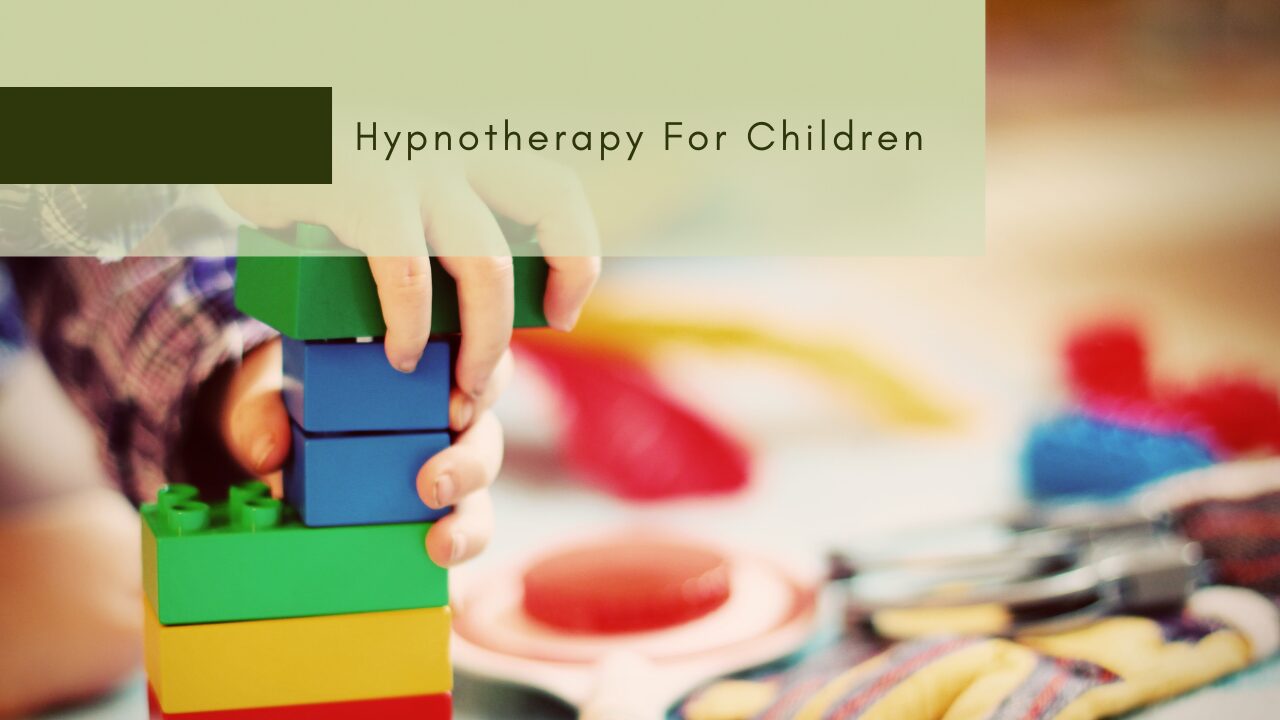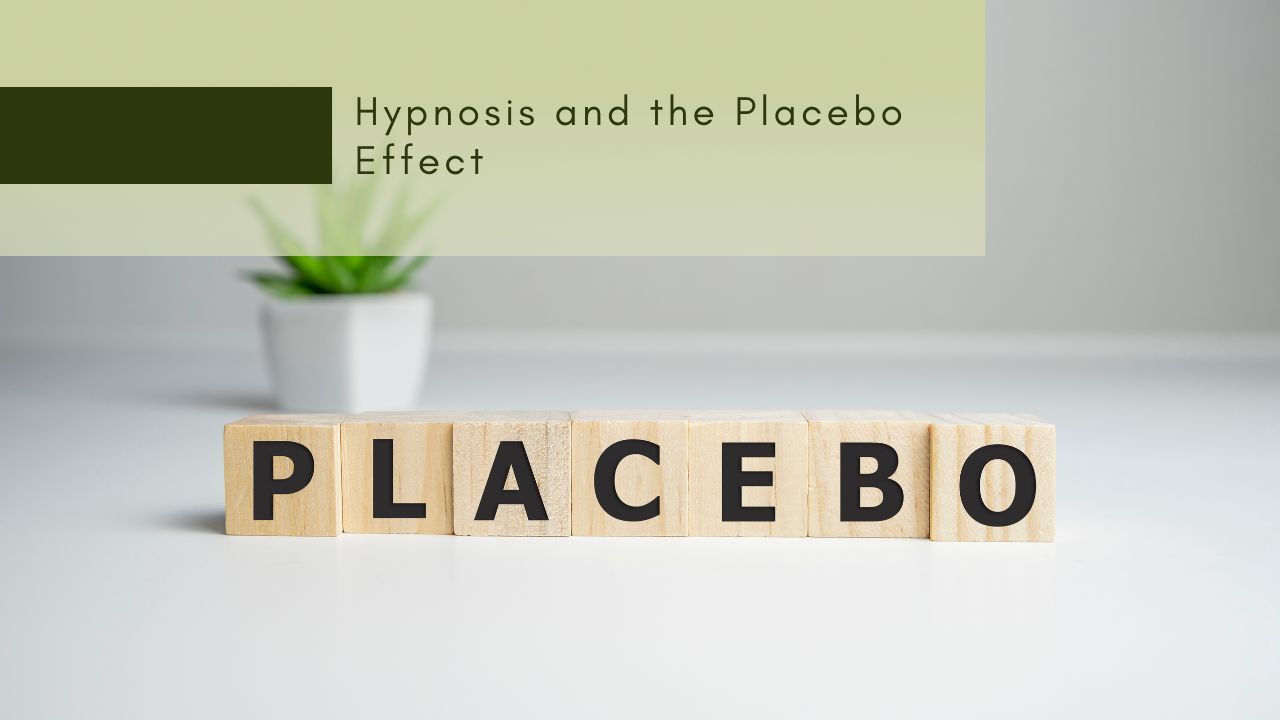Worried About My Child’s Behavior? Can Hypnotherapy Help?
If you’re concerned about your child’s behaviour, it’s essential to address the issue promptly and seek appropriate professional guidance. Hypnotherapy may or may not be a suitable option, depending on the specific circumstances and the nature of your child’s behaviour.
The following are some steps you can take:
Consult with a Pediatrician or Child Psychologist
Before considering any alternative therapies like hypnotherapy, it’s crucial to have your child evaluated by a medical professional. They can help determine whether the behaviour is due to an underlying medical issue that needs addressing or is within the range of normal development.
Explore options for a range of Therapeutic Approaches
Depending on the nature of the behavior, traditional therapeutic approaches such as cognitive-behavioral therapy (CBT), play therapy, or family therapy, art therapy, including hypnotherapy and consider which might be more appropriate for your child.
Hypnotherapy has been used to address certain behavioral issues in some cases, it is however essential to approach it with caution, especially when it comes to children. Make sure to research the credentials and experience of any hypnotherapist you’re considering, and discuss thoroughly with them how hypnotherapy might benefit your child.
Address Underlying Causes
Sometimes, behavioral issues in children can be linked to underlying factors such as anxiety, trauma, or learning difficulties which can be linked to the child’s environment. It’s essential to identify and address these underlying causes to effectively manage the behaviour.
Work with Schools and Support Systems
If your child’s behavior is impacting their performance at school or in other areas of their life, collaborate with teachers, school counselors, and other support systems to develop a comprehensive plan for addressing the behaviour.
Remember that every child is unique, and what works for one may not work for another. The key is to approach the situation with empathy, patience, and a willingness to explore different options until you find what works best for your child.
Tired of Time-Outs? Exploring Hypnotherapy as a Positive Tool for My Child
‘Hypnotherapy can potentially be used as a positive tool to help modify your child’s behavior under the guidance of a qualified and experienced practitioner. Below are some ways in which hypnotherapy can help:
- Addressing underlying issues: Hypnotherapy can help identify and address underlying psychological factors contributing to your child’s behaviour, such as anxiety, trauma, or low self-esteem.
- Building confidence and self-esteem: Hypnotherapy techniques can be used to instill positive suggestions and affirmations that promote confidence, self-worth, and a positive self-image in children.
- Developing coping mechanisms: Hypnotherapy can teach children relaxation techniques and coping mechanisms to manage stress, anxiety, and challenging emotions in healthier ways.
- Changing negative patterns: Through hypnosis, negative thought patterns and behaviours can be replaced with more positive and adaptive ones, helping your child respond to situations in a more constructive manner.
- Improving focus and concentration: Hypnotherapy can enhance your child’s ability to focus and concentrate, which can be particularly beneficial for children with attention difficulties or learning disabilities.
- Addressing specific behavioural issues: Hypnotherapy can target specific behavioural problems such as nail-biting, bedwetting, phobias, or sleep disturbances by helping your child understand and modify their responses to triggers.
- Building Confidence in My Child: Can Hypnotherapy Help with Self-Esteem Issues?
Yes, hypnotherapy can help to build confidence and self-esteem for children.
Is Hypnotherapy Safe for Children? Addressing Concerns About Hypnosis
Hypnotherapy, when conducted by a qualified and experienced practitioner, is generally considered safe for children. However, it’s essential to ensure that the hypnotherapist has specific training and experience in working with children and adheres to ethical guidelines and best practices. The following are some factors to consider regarding the safety of hypnotherapy for children:
- 1. Choose a hypnotherapist who is certified by a reputable organisation and has experience working with children.
- 2. Ensure that both you and your child fully understand what hypnotherapy entails and consent to the process. Your child should feel comfortable and willing to participate in the sessions, and their autonomy and boundaries should be respected throughout.
- 3. Clearly communicate your child’s goals and concerns to the hypnotherapist, and discuss how hypnotherapy can help address them. The hypnotherapist should tailor the sessions to meet your child’s specific needs and preferences.
- 4. The hypnotherapy sessions should take place in a safe, comfortable, and private environment where your child feels at ease. The hypnotherapist should create a trusting and supportive atmosphere conducive to relaxation and exploration.
- 5. Regularly monitor your child’s progress during hypnotherapy sessions and provide feedback to the hypnotherapist. If you have any concerns or if your child experiences any negative effects, such as increased anxiety or discomfort, discuss them with the hypnotherapist promptly.
- 6. Ensure that the hypnotherapist follows ethical guidelines and respects your child’s confidentiality and well-being. They should prioritise your child’s best interests and avoid using techniques that could potentially harm or exploit them.
- 7. Hypnotherapy can be used as a complementary approach alongside other therapeutic techniques. Coordinate with your child’s healthcare team where appropriate to ensure that all treatments are integrated safely and effectively.
While hypnotherapy is generally considered safe, it may not be suitable for every child or every situation. Always consult with healthcare professionals if you have any concerns or questions about the appropriateness of hypnotherapy for your child.
Bedwetting, Nail-Biting, etc.: Can Hypnotherapy Help My Child Overcome These Challenges?
Yes, hypnotherapy can potentially help children overcome challenges such as bedwetting and nail-biting, among others. The following shows how hypnotherapy might address these issues:
- 1. Bedwetting (Nocturnal Enuresis): Hypnotherapy can be used to address the underlying psychological factors contributing to bedwetting, such as stress, anxiety, or subconscious associations. Through hypnosis, positive suggestions and imagery can be used to promote dry nights and improve bladder control.
- 2. Nail-Biting (Onychophagia): Hypnotherapy can help children break the habit of nail-biting by targeting the subconscious triggers and reinforcing positive behaviours. Hypnotic suggestions can be used to create new associations with nail-biting, such as feeling calm and confident instead of anxious or stressed. Hypnotherapy can also address any underlying emotional issues that may be contributing to the habit.
- 3. Phobias and Anxiety: Hypnotherapy can be effective in treating phobias, such as fear of the dark or fear of water, by helping children confront and overcome their fears in a safe and controlled environment. Hypnosis can desensitise children to the triggers of their phobias and teach them relaxation techniques to manage anxiety more effectively.
- 4. Other Behavioral Challenges: Hypnotherapy can be tailored to address a wide range of behavioral challenges in children, such as thumb-sucking, stuttering, or hair-pulling (trichotillomania). By identifying and addressing the underlying psychological factors contributing to these behaviours, hypnotherapy can help children develop healthier coping mechanisms and habits.
It’s important to note that hypnotherapy is not a magical solution and may not work for every child or every situation. The effectiveness of hypnotherapy can vary depending on the individual child’s willingness to participate, the skill and experience of the hypnotherapist, and the underlying factors contributing to the behaviour.




